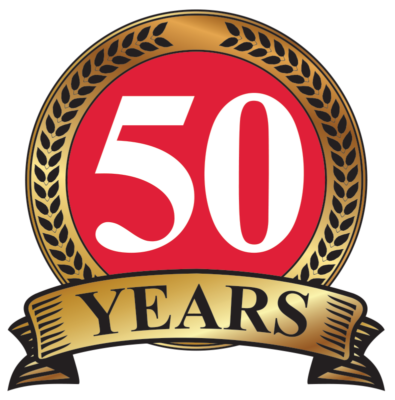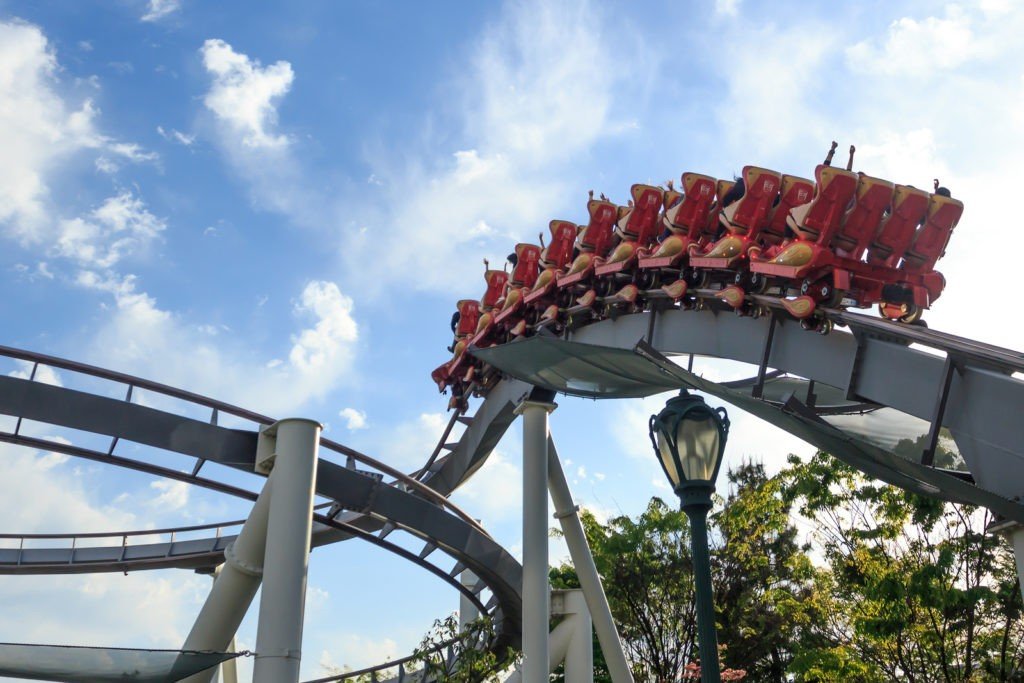Accidents do happen. And occasionally accidents happen at home—even here in Florida.
But occasionally accidents happen on someone else’s property. And when a party is injured on someone else’s property, it could be the property owner who is liable for the injured party.
That property in question could be a business, or a rental property– even someone else’s home. In all of these instances, property and business owners incur an obligation to maintain their premises in a safe condition.
You could have been injured at a shopping mall, the grocery store, at a gym, private club, restaurant or bar. The person operating the business may actually own the property, or could be leasing it from someone else. In any of these instances, liability for visitor injury falls under premises liability law.
Certain elements need to exist for successful pursuit of a premises liability lawsuit. Chief among them is that the property owner or business operator knew—or should have known—that an unsafe condition existed. After that, the owner or operator failed to remedy the unsafe condition, and/or did not give warning of the unsafe condition.
A visitor needs to exercise normal caution to protect themselves, but if injured and the above conditions are present, there may indeed be actual premises liability.
Levels of Premises Obligation
The obligation to protect is higher for certain types of visitors:
- A customer to a store would normally be considered an invitee and the obligation to protect is at the highest level
- Someone who is a social guest, or enters a property for reasons of their own, is considered a licensee. They are there at the consent of the owner or operator, and the obligation of protection is somewhat mitigated here
- A trespasser is someone who enters without any right to do so—and while the obligation to protect is at the lowest level here, there is still an obligation of at least reasonable warning to prevent injury.
In all the above, it’s important to note that a special duty is owned to children. This is true even if the child or children are not authorized to be on the property. An especially common instance of this is the so-called attractive nuisance—like a swimming pool. Because a pool could reasonably be regarded as attractive to a child, it bears an obligation to protect it from them to prevent accidents—perhaps by a pool fence, or a locked door to the premises.
Both Indoors and Out are Covered by Premises Liability
Property owners and business operators have an obligation to maintain both the inside and outside of their premises. Lawsuits often occur when landlords or business operators have:
- Poor lighting inside or out
- Poor sidewalk conditions
- Water on floors, especially with no warning sign
- Goods for purchase high on shelves or in other dangerous displays
- Dangerous pets—dog bite lawsuits also fall under premises liability
Call us immediately if you or a loved one was hurt or worse in an:
- Accident in a store
- Slip and fall incident
- Pool accident at a hotel or home of another
- Dog bite incident
- Accident while working as a contractor on someone’s home or business
- Injury inside or outside a business
- Accident in someone’s home
- Accident with falling merchandise, or by reaching to get merchandise in a store
- Accident on someone else’s property, even if not granted permission to be there
Have you or a loved one been injured in a Florida premises liability accident?
If so, the attorneys at Thomas and Pearl want to speak to you.
$150 MILLION in verdicts and settlements
Thomas & Pearl attorneys have the skills and training, plus the financial resources necessary to take on wealthy property owners and business operators. Ask about our experience as attorneys helping victims of premises liability accidents in Florida.
Ask about the more than $150M (MILLION) dollars in recent and past jury verdicts and settlements we have gained for our clients.
We’ll evaluate your case situation with you, develop a strategy to win or successfully negotiate the highest amount of compensation for you.
Experienced legal help can make the difference between a successful resolution and losing in court. And you pay nothing unless we get that successful resolution for you.


